You’re a busy parent, right? Keeping your child fed, clothed, and cared for is a full-time job even as you juggle many other responsibilities. Perhaps you feel like you’re not doing enough to help your rising kindergartener get ready for school. Maybe you want to do more but you don’t know where to start.
Here’s the good news. We don’t believe you have to add “more” to your life. We believe that everyday life holds more learning opportunities than you may realize!
By working some basic tips into your regular life, you canget your child ready for school.
It doesn’t matter how educated or qualified you feel as a parent or caregiver. You have the power to give your child a great start in life and you don’t need a fancy education, preschool workbooks, or special toys for the job. The world is a child’s classroom and everyday experiences provide countless opportunities for school readiness.
Here are 5 fun and simple ways you can turn regular moments into quality learning experiences for your rising kindergartener this summer:
1. Fun with NUMBERS.
Young kids love to count and you can practice numbers in easy, enjoyable ways throughout the day. Children are actually wired to learn simple math ideas like counting, sorting, and problem solving.
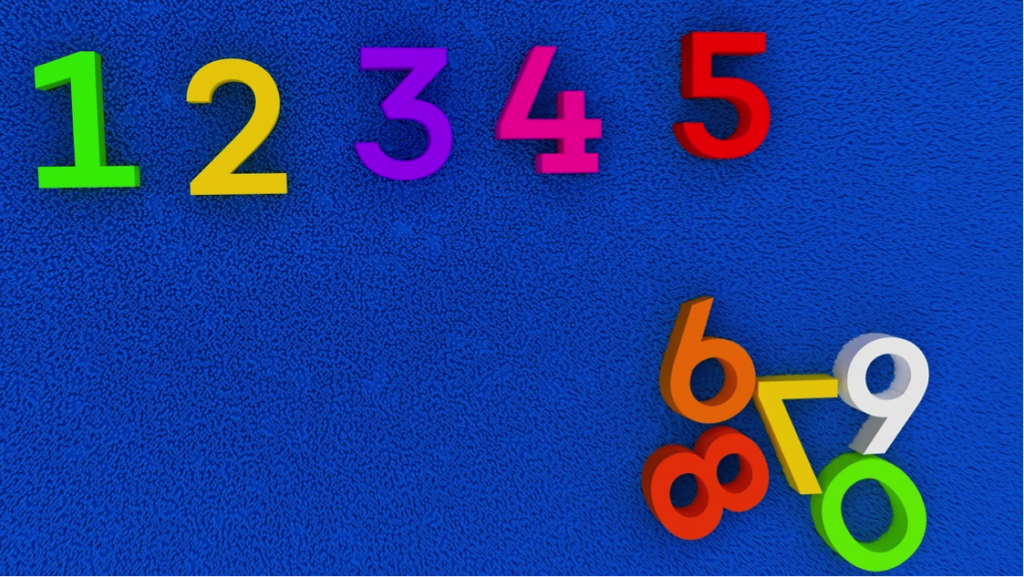
Here are some examples of using numbers and simple math in your home:
– Let’s count to 10 while you wash your hands!
– Will you get 2 eggs out of the refrigerator?
– Find 4 of your favorite toys.
– Eat 5 more bites of your sandwich.
As your child learns to count, you can count along with them so that they don’t skip numbers. Once they’ve mastered counting to ten, move up to 15, then 20, and so on.
2. Fun with LETTERS.
Identifying letters in your child’s everyday world helps learning come alive.
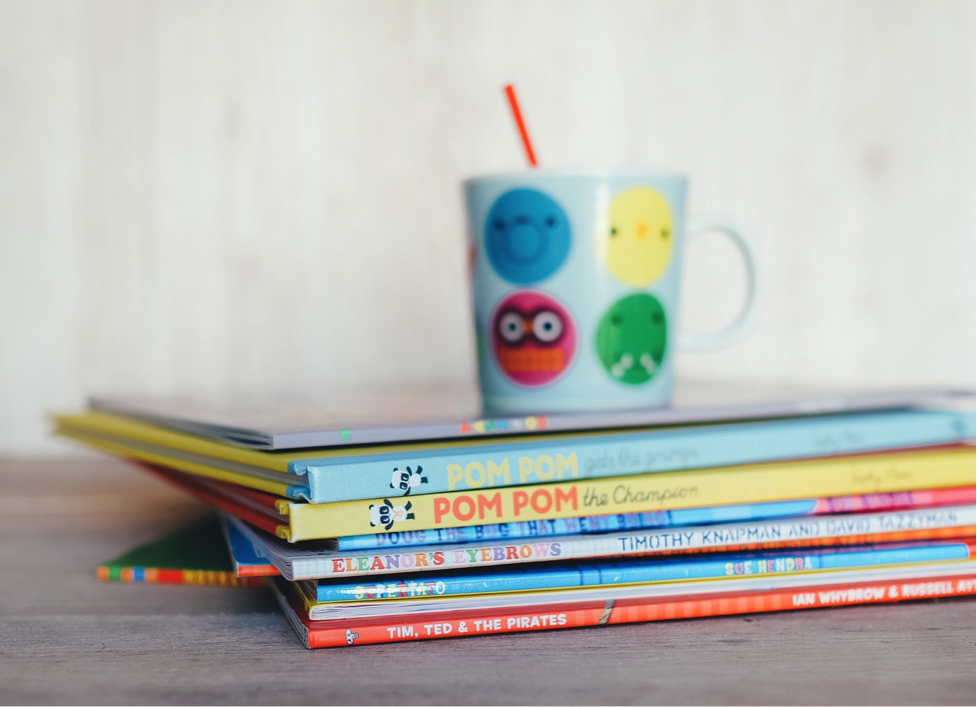
If your child doesn’t realize it already, they will soon figure out that letters turn into words and that words have meaning.
Here are some everyday ways you can have fun with letters:
– Point out letters on cereal boxes, road signs, and in books.
– Have them trace letters in the dirt, water, or sand.
– Work on recognizing their own name and then identifying the letters in their name.
– Write their name on a piece of paper and let them trace their name with their finger or a crayon.
– When you’re driving, do a letter hunt. “Can you find an A in a sign?”
3. Fun with SHAPES and COLORS.
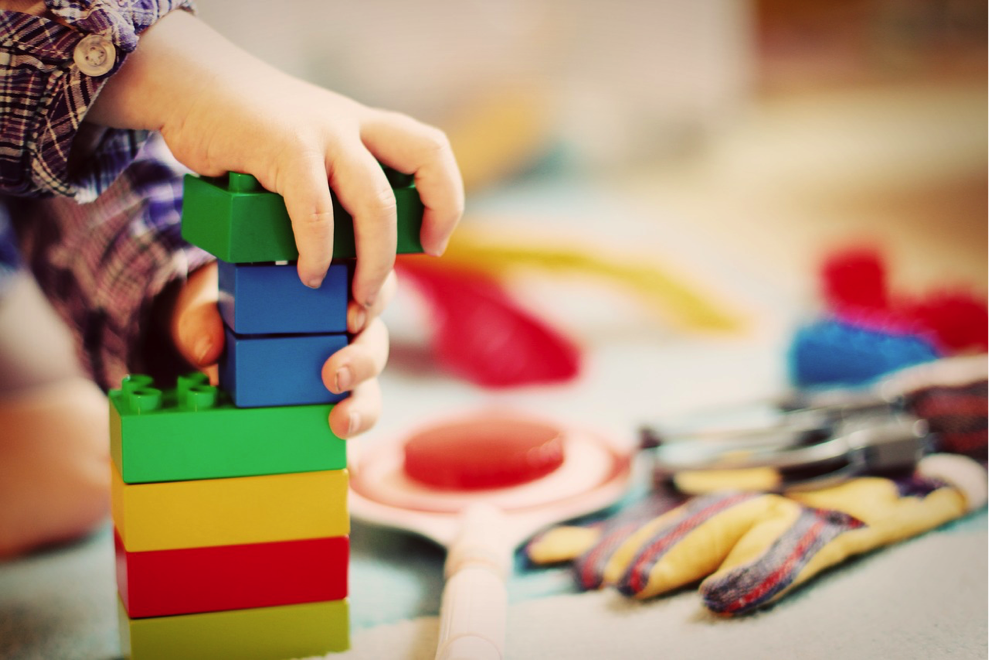
Working with shapes and colors will be a big part of your child’s kindergarten experience. You can begin now by looking for shapes and colors in your home and outside. An area rug may be a brown rectangle. A clock may be a white circle. A book may be in the shape of a square and have a yellow cover.
Here are simple activities that teach shapes and colors.
– While your child is brushing teeth, or washing hands, ask if they see anything in the bathroom that’s in the shape of a square. Ask them the color of their toothbrush.
– As you drive, have them name the shapes of signs and the colors they see.
– Just as they can trace letters and numbers, they can also trace shapes in the dirt, water, or sand.
– When they get dressed, ask them to name the colors on their clothing.
These simple activities may not sound like much fun to adults, but children love finding shapes and colors in their everyday world. Repetition of these daily activities helps a child feel safe and secure.
4. Fun with SIZES and COMPARISON.
We forget that children don’t always know comparison words like bigger and smaller, shorter and taller, heavier and lighter.
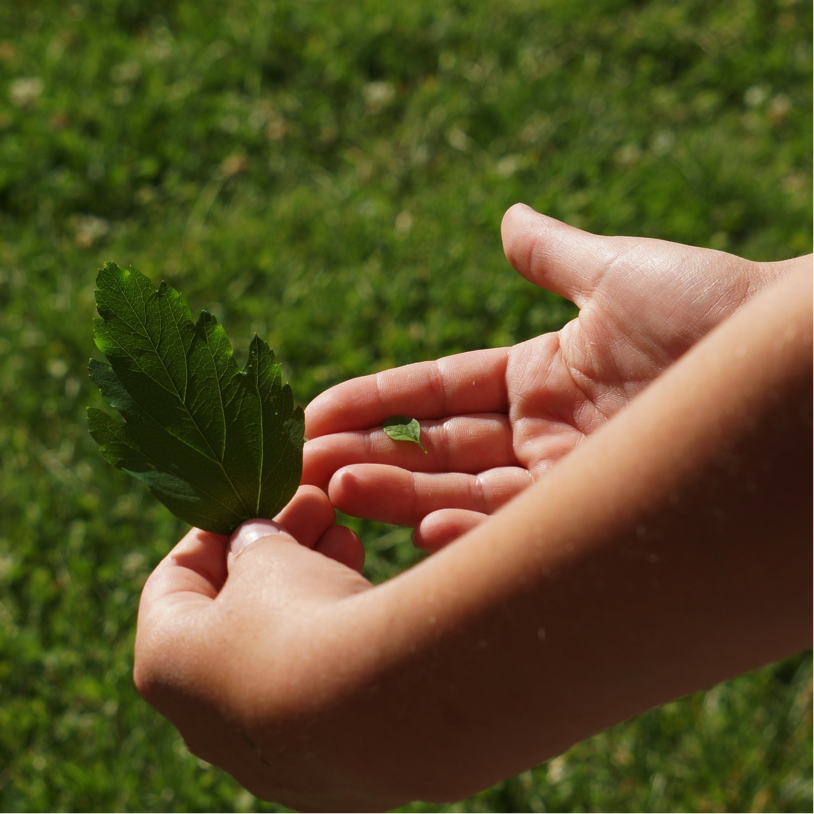
These are words and concepts that will be introduced in kindergarten but you can begin practicing these over the summer.
Here are some everyday examples to get you started:
– Which cup is bigger?
– Is one plate smaller than the other?
– Which person is shorter?
– Which bag of groceries is heavier?
– Have the child describe how items are different from one another.
Before you know it, they will naturally have fun comparing things and sharing their knowledge with you! When they do, be sure to tell them that they are building a strong and healthy brain and getting ready for school.
5. Fun with CONVERSATION.
This might seem too basic to mention but talking with your children is one of the most important things you can do to get their brains ready for learning! Even educational TV shows and iPad apps are no replacement for the person-to-person interaction between parents or caregivers and young children.
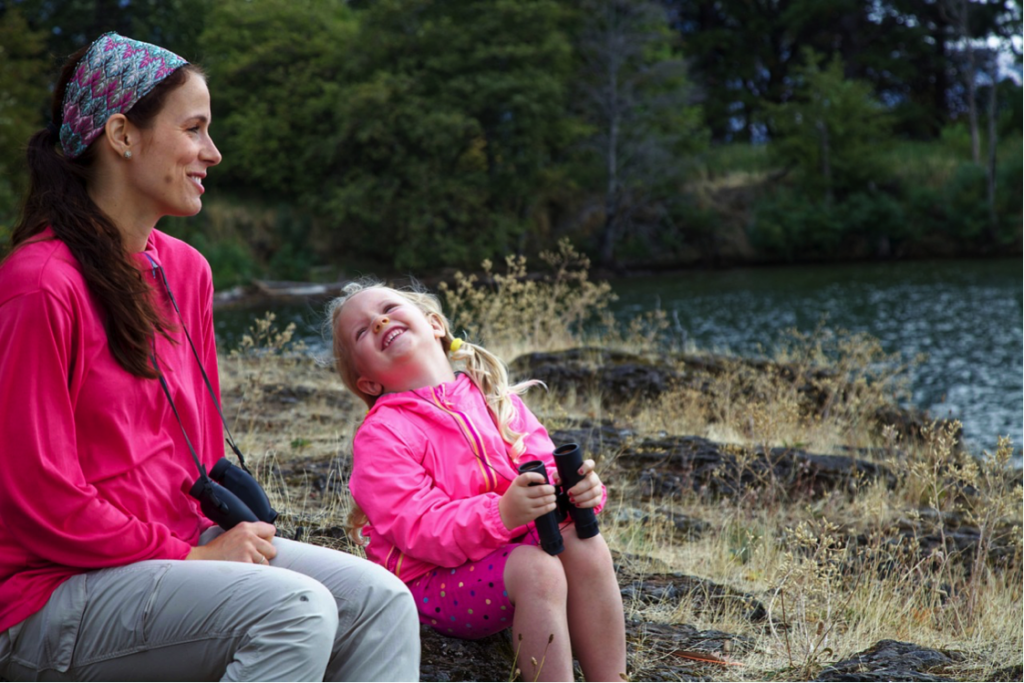
The more you talk with your child, the more words they learn. And the more words they understand, the more prepared they are for school.
Think of your child’s brain as a “word bank.” Every time you talk with or read to you child, you deposit words into their word bank.
Children who are talked to from an early age can have millions more words in their word banks by the time they start school than children who have not been talked to very much.
Perhaps you feel discouraged because you haven’t talked to or read with your child enough. It’s never too late to start! This summer is a great time to begin.
Here are some practical ideas:
– Talk about what you see as you walk or drive.
– Point out signs, buildings, animals, and colors. Tell them what you see and ask them what they see.
– Talk about your day or what you’re doing in the kitchen.
– Tell them stories from when you were a child.
– Ask them about their favorite colors, animals, or people.
– Reading books together can also be a great way to begin conversations.
We hope these ideas are just the beginning of a summer filled with everyday learning experiences for you and your rising kindergartener. When you make learning a lifestyle and begin to see your everyday surroundings as a classroom, you provide quality, one-of-kind experiences for your child.
The more you practice, the more natural it will become for you to nurture your child’s brain as you go through the day.
This is the second post in a summer series that will help your child get ready for kindergarten. Thanks for sharing with other parents of rising kindergarteners who may benefit!
You’ll also enjoy the other posts in this series:

